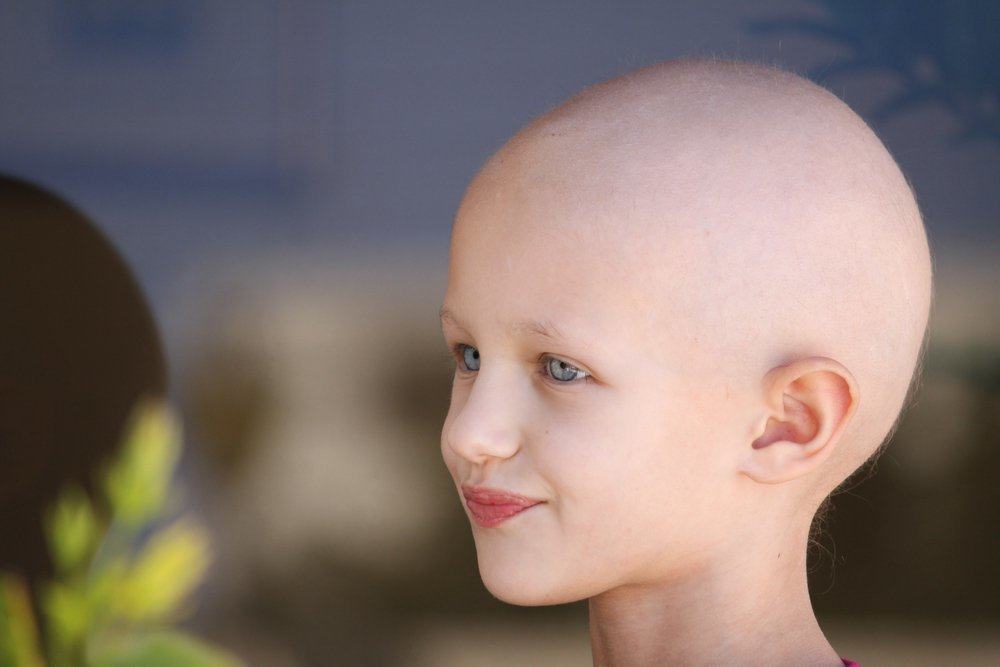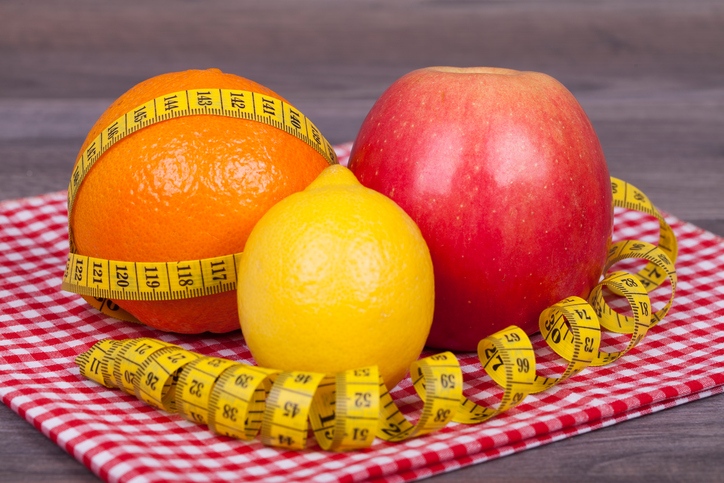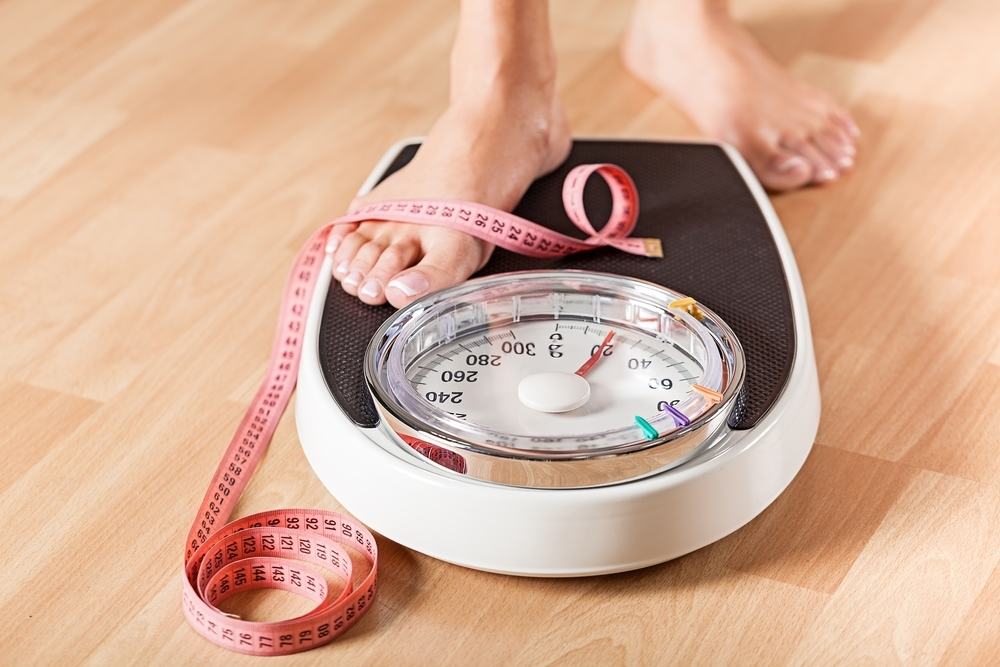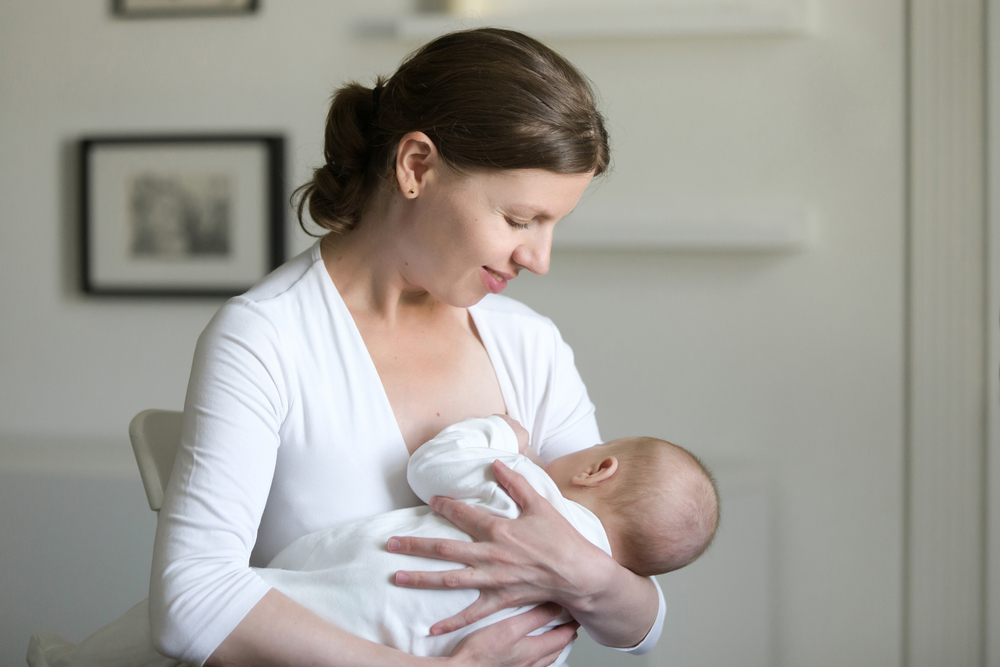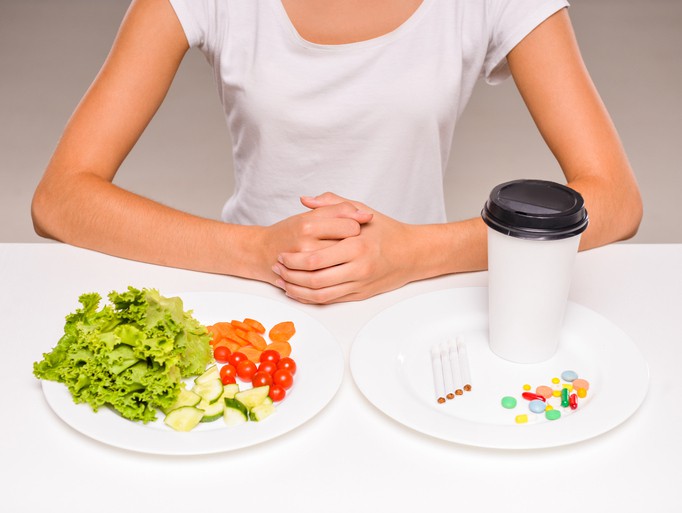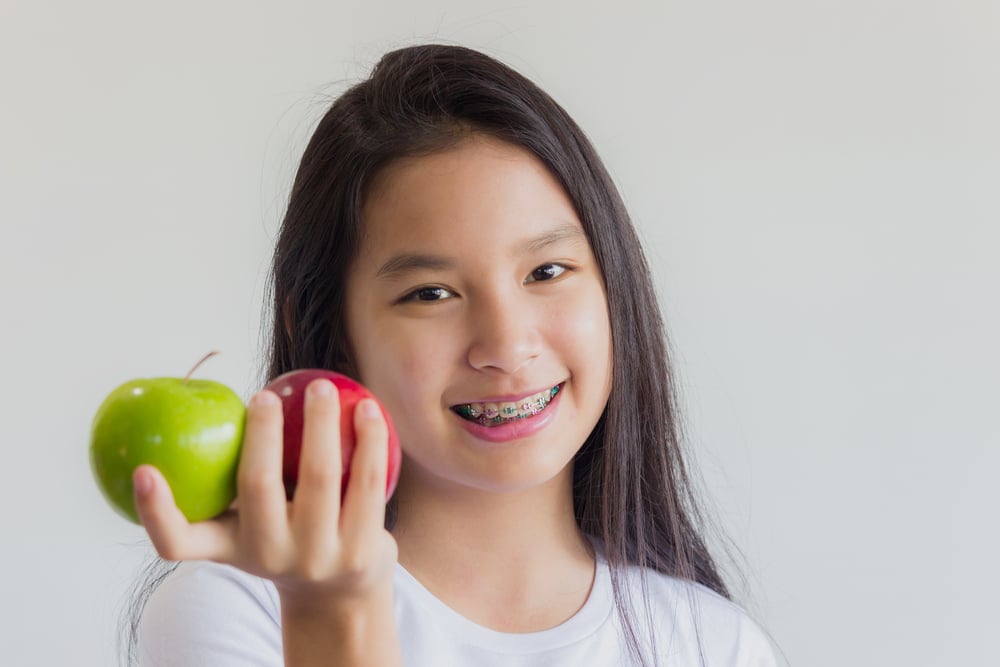Contents:
- Medical Video: Things You Should Know About Cancer: Chemotherapy and Side Effects
- How will my child react to cancer?
- Overcoming the side effects of cancer treatment
- Overcoming emotional ups and downs from cancer
Medical Video: Things You Should Know About Cancer: Chemotherapy and Side Effects
Cancer treatment often causes many unwanted side effects. Side effects occur when healthy tissue is damaged or injured. Don't worry. Your pediatrician will help you choose the best treatment that has few side effects. To help support your child, we will help you understand how your child will react both to physical and emotional changes.
How will my child react to cancer?
If you have children who are still in kindergarten, they do not understand what happens when suffering from cancer. For them, the hospital is a scary place. They only tend to be afraid of being injured with needles, or from medical staff who will keep them away from their parents. Children at this age cannot take care of themselves and will need you to make them feel safe while undergoing cancer treatment and all unwanted side effects.
When your child is diagnosed with cancer, you can see their reactions including:
- Afraid of being away from parents
- Afraid of medical procedures
- Angry, screaming, hitting or biting
- Refuse to cooperate with the medical team
- Avoid other people
- Can not be far from parents
- Disappointed when not allowed to play
- Behavior setbacks such as thumb sucking or bedwetting
- Nightmare
For children who are a little more mature, such as 3-12 years, they can understand the term cancer and tend to look for causes of cancer. Children at this age fear pain and feeling neglected. You need to convince them and help him deal with the pain as much as possible.
Your child who is at school age may react with:
- Disappointed with the disturbance at school
- Miss with classmates and friends
- Showing anger and sadness for the loss of health, school, and normal life
- Feel guilty that they cause cancer
- Worried that cancer will spread
- Look for emotional and social support from family and friends.
Teenagers with cancer may want to give their opinion in choosing their treatment. They mostly understand about cancer and will find out information not only from doctors but also from the internet, books, magazines and other sources. They will think about how cancer will affect their appearance, social life and possibly depression related to hair loss from therapy.
If you have teenagers who have cancer, they may react differently to diagnosis and treatment:
- Disappointed with the disturbances at school and their activities with friends
- Feel their freedom is threatened
- Shows a strong emotional response
- Requires support from friends, colleagues at school, and people who are considered important by them
- Focus on the meaning of life and the effect of cancer on their identity
- Make jokes about cancer or try to think positively
- Taking risks that can cause problems
- Fight against parents, doctors, and treatment.
Overcoming the side effects of cancer treatment
Every cancer treatment has unwanted side effects. Your child may experience different experiences from other children. However, there are some common side effects, including:
- Surgery wounds or loss of body parts
- Hair loss from radiation therapy or chemotherapy
- Increased or reduced weight due to cancer or treatment
- Fatigue
- Cancer pain or treatment
- Nausea and vomiting
- Mouth wound
- Fever, which can be a sign of infection
- Diarrhea or constipation
Most of these side effects, you and your child can overcome them through drugs and lifestyle changes. You can help your child to be aware of symptoms by monitoring their condition every day. Remind your child that dealing with side effects is an important part of cancer treatment. Your child needs to understand that they do not need to suffer during treatment and there are ways to minimize pain.
In younger children, you will play an important role in helping them overcome side effects. While in adolescents, they will experience difficulties in accepting changes in their bodies. You can help by entertaining them, empathizing and talking and sharing information with your child. They may need time alone to find out or ask questions to the doctor. Give your child time and encouragement during the process of adapting to their new appearance.
Remember that hair loss and weight gain are only temporary and they remain the same person.
Both parents and children need to communicate. Talking with each other and with other people who are also in the same situation can be very helpful. Once speaking won't be enough, you should often talk about feelings and show as much support as possible. If your child doesn't want to talk to you, give them time and let them talk to someone who makes them feel comfortable.
Cancer treatment can cause infertility. Therapy can affect the reproductive organs close to the kidneys. Although most children think that sexual health is for the future, your pediatrician and you need to talk about the influence of infertility in the future, especially for teenagers. Your child needs to be more careful not to get pregnant or have unprotected sexual intercourse as long as they receive cancer treatment.
Overcoming emotional ups and downs from cancer
As with adults, your child may feel emotional changes. Your child may feel:
- Feeling uncertainty and fear. Feeling afraid of his life, not sure what will happen in the future.
- Stressful. There are many causes of stress, stress due to family, school, stress due to everyday life, etc.
- Anger. Anger may come from changes in life, limitations; sometimes it can be frustrated by something that doesn't work as expected.
- Anxious. Constant anxiety, or too worried, feeling nervous, and afraid of not being able to undergo treatment.
- Depression. Feeling hopeless, sad, not excited about doing something.
- Guilty feeling. Blame life and regret the choices they make, think a lot about "what if" or "if."
Your child may be worried about their delayed plans, such as education. Diagnosed with cancer can cause many changes in a person's life. This can change the priorities and goals of one's life. Fear and anxiety can trigger many physical responses such as fatigue, insomnia, and inability to concentrate.
It is important to know that continuous stress on daily life can weaken the immune system, increase the risk of other diseases and cause fatigue. Stress may also cause depression, an emotion that is common to many patients. This negative feeling will only make the treatment of cancer worse. It is important for parents and children to stay positive during these difficult times.
To deal with the side effects of cancer treatment, it is important for you and your child to be aware of situations that you can control and which are not. It may sound unreasonable, but when you study for your chest, you really lighten your burden and can still focus on the current situation.
Many stories from parents, family, doctors, and scientists who say the same thing and never forget to remind the importance of communication. You and your child can talk to your child's health team about how you feel. They will try to find solutions to make you feel better.
You might find help from counselors and social workers, or support groups in areas near you or even support groups in cyberspace. They can share with you what they are experiencing and how they deal with it so that you will know what to do.
Of course it's important to talk to your friends and family. Remember that they will always help you.
During and after treatment, be sure to tell the health team about the side effects your child is experiencing, even if you feel that it is not serious. Sometimes side effects can last long until the end of the treatment period, called long-term side effects. Treatment for side effects of cancer is important for cancer survivors.
Hello Health Group does not provide medical advice, diagnosis or treatment.

